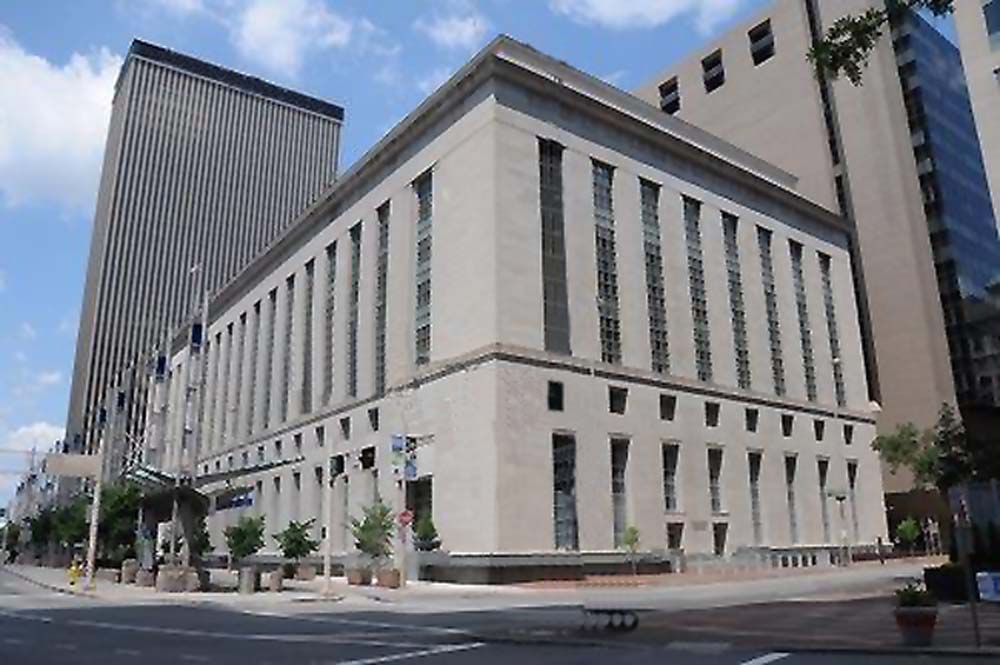
Transgender people in California live in an uncertain environment about their federal level legal protections from workplace discrimination. Some legal rulings, like the unanimous decision this year from the U.S. Court of Appeals for the 6th Circuit that interpreted Title VII of the Civil Rights Act in 1964 in favor of a transgender employee, have shown judicial willingness to view Title VII prohibitions on sex discrimination as inclusive of people mistreated because of their gender identity.
However, opposing views remain active as illustrated by the request from 13 Republican attorneys general and three Republican governors representing 16 states asking the Supreme Court of the United States to overturn the 6th Circuit ruling.
Their amicus brief supported a strict interpretation of Title VII that defined sex as biologically determined. They considered the appellate court decision that protected a transgender person as a judicial rewriting of the law that violated the right of Congress to make laws.
The policy director at the National Center for Transgender Equality described the amicus brief as a despicable attempt to legalize discrimination. The organization’s 2015 U.S. Transgender Survey indicated that 20 percent of transgender people report employment discrimination.
Workplace discrimination can take many forms, including refusing to hire, denial of promotion, harassment and wrongful termination. A worker concerned about mistreatment because of sex, race, age, disability or religion could ask an attorney for guidance. If an attorney views the evidence as indicative of illegal conduct, then they could prepare a complaint for the Equal Employment Opportunity Commission.
Additionally, legal counsel could attempt to negotiate a settlement with the employer to correct the situation. In some cases, a lawyer might recommend filing a lawsuit to address grievances that cost a client their livelihood.
